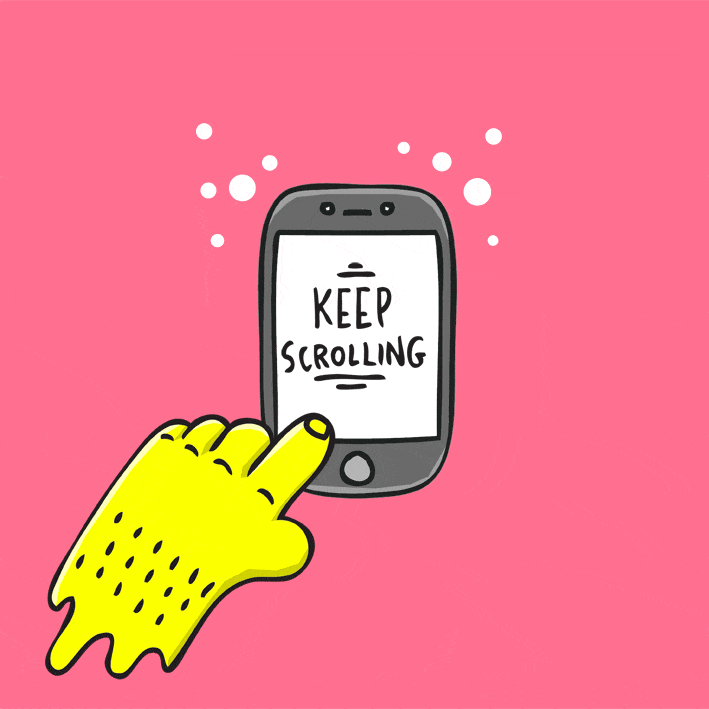Recently, a group of friends and I were lamenting how much time we’d wasted on social media. I mentioned my frustration with the overuse of infinite scrolling, and I was surprised to learn that none of my friends had even heard of it. When I started to explain this pattern of content loading and its harmful side effects, they were shocked. They had never noticed how big of an effect this one feature had on their usage.
This made me realize something. Even though everyone uses software, most people lack important knowledge about it. This post will be part of a series about things that non-technical people should know about software. Let’s learn about infinite scrolling!
What Is Infinite Scrolling?
For a long time, websites used pages to load content. When you clicked the button to go to the next “page” of results, the website was notified that it was time to fetch you more data. This approach works, but it has drawbacks. Imagine that you’re shopping online and you’ve ended up on the 24th page of results. You have no idea what page that cool sleeping bag was on, so now you have to click back through every page to find it. Annoying!
In recent years, infinite scrolling has emerged as an alternative way of loading data. With infinite scrolling, when you get to the bottom of the page, the application assumes you’re ready for more content and loads it automatically. You never have to click the “next” button. Of course, it’s easy to forget how much progress you’ve made, and there’s no way to tell how much content is left.
Why Should You Care About Infinite Scrolling?
It’s hard to find quantitative results about the effects of infinite scrolling, but there’s no doubt it boosts user engagement time significantly. When we open a piece of software, we’re usually trying to complete a task — something like checking all of our unread emails, entering information into a database, or reviewing everything on a page. It’s easy to know when these tasks are complete.
Infinite scrolling removes the feeling of completing a task. It’s difficult to feel like anything’s been accomplished when the page has no end. Content keeps loading, so we continue to view it, feeling like there’s “more to do.”
On social media, the scrolling content is nearly infinite — certainly more than we can process. We may think our goal in using these apps is to stay connected with friends or the world. But we often use them to pass the time. Without a goal, we keep scrolling “just because,” and the software becomes something to do rather than a means to an end.
What Now?
Knowing about infinite scrolling doesn’t mean you have to change anything about the way you use software. But it should give you more context about how to best use some of your applications. Noticing infinite scrolling might make you think twice the next time you find yourself in the abyss of posts. Or it may not, and that’s totally okay.
Developers often make ethical choices for their users — things like deciding between infinite scrolling and pagination. By simply understanding both concepts, you give yourself the freedom to choose when you enter into the void of endless results.

